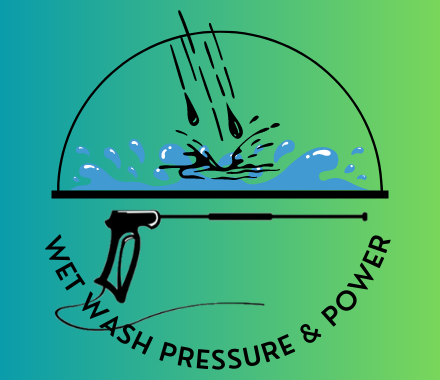Pressure washers are powerful tools used for a variety of cleaning purposes, including commercial cleaning. They are efficient in removing stubborn dirt and grime from surfaces. Nozzles and attachments play a significant role in the effectiveness of pressure washers, as they determine the intensity and direction of the water spray. In this article, we will explore the different types of nozzles and attachments commonly used in commercial cleaning with pressure washers.
Firstly, let’s discuss the various types of nozzles. One of the most popular types is the zero-degree nozzle, which produces a highly concentrated, powerful stream of water. It is ideal for removing tough stains and paint from heavy-duty surfaces. The 15-degree nozzle, on the other hand, offers a slightly wider spray pattern and is suitable for general cleaning tasks in commercial settings. If you are dealing with large areas, the 25-degree nozzle provides a wider and less intense spray, making it ideal for cleaning expansive surfaces such as driveways and rooftops. Lastly, the 40-degree nozzle produces the widest spray pattern, delivering a gentle stream of water. It is commonly used for delicate surfaces like vehicle paint or windows.
In addition to different nozzle types, there are various attachments that can enhance the functionality of a pressure washer for commercial cleaning purposes. One popular attachment is the surface cleaner. This circular attachment typically has two or more nozzles rotating beneath its housing, providing even and consistent cleaning on flat surfaces. Surface cleaners are especially useful for cleaning large areas such as parking lots or warehouse floors.
Another attachment commonly used in commercial cleaning is the extension wand. This accessory allows the user to reach elevated areas, making it easier to clean roofs, gutters, or high windows. It provides an extended reach without compromising the pressure or effectiveness of the water spray.
For situations that require detergent application, a soap nozzle or chemical injector attachment is essential. These attachments allow the user to spray soap or cleaning chemicals onto surfaces, ensuring deep cleaning and removing tough stains. They are particularly useful in commercial cleaning applications like industrial equipment or vehicle fleets.
Furthermore, some pressure washers offer attachments that enable hot water or steam cleaning capabilities. Hot water can be effective in removing grease and tough stains, making it suitable for commercial kitchens or industrial settings. Steam cleaning, on the other hand, provides a high-temperature cleaning solution, eliminating bacteria and disinfecting surfaces, hence ideal for medical facilities or food processing areas.
In conclusion, pressure washers are invaluable tools for commercial cleaning tasks. Whether it’s removing stubborn dirt or maintaining a clean working environment, the right nozzle and attachment selection is crucial. Different types of nozzles, along with attachments like surface cleaners, extension wands, detergent applicators, and hot water/steam options, provide the versatility and effectiveness required for various commercial cleaning scenarios.
Publisher Details:
Wet Wash Pressure and Power | Pressure Washing Power Washing Companies Near Me
https://www.wetwashpressureandpower.com/
Get ready to unleash the ultimate cleaning power! Discover the secret to a spotless and pristine property with WetWashPressureAndPower.com. From stubborn stains to grime-infested surfaces, our unrivaled expertise, cutting-edge equipment, and transformative cleaning solutions will breathe new life into your home or business. Say goodbye to time-consuming chores and hello to a pristine paradise. Stay tuned for a power-packed experience that will blow you away!

